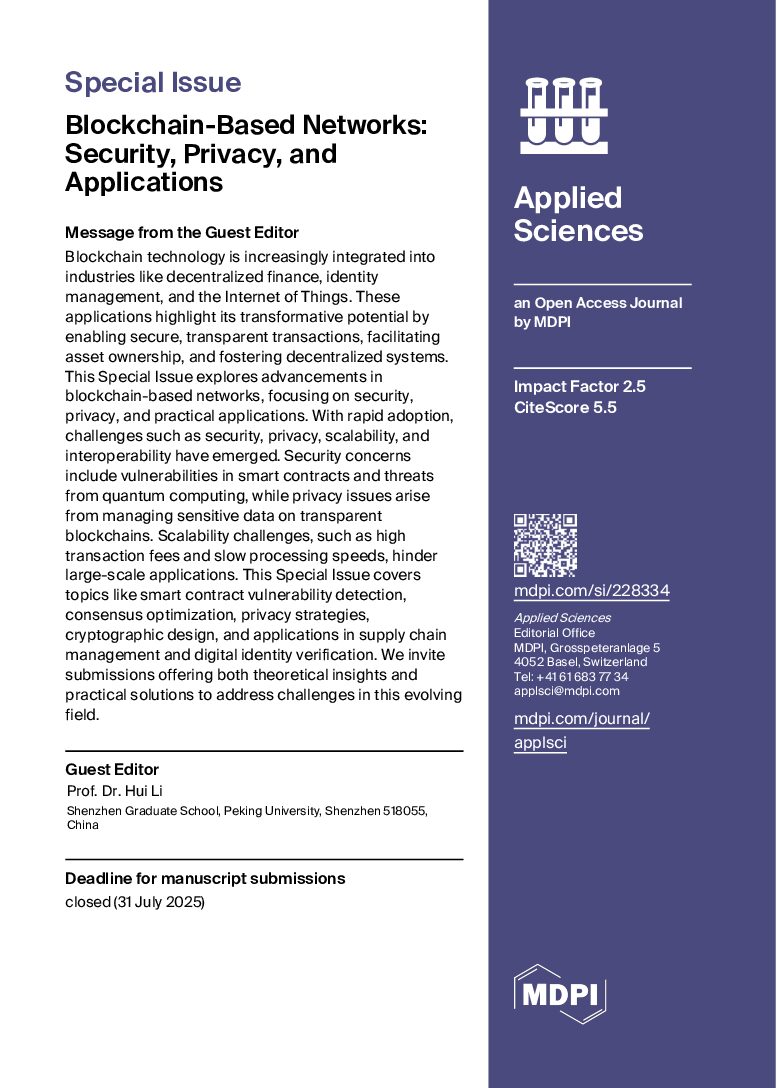Security Assessment of Smart Contract Integration and Wallet Interaction in Decentralized Applications: A Case Study of BlockScribe
Smart contracts and cryptocurrency wallets are foundational components of decentralized applications (dApps) on blockchain platforms such as Ethereum. While these technologies enable secure, transparent, and automated transactions, their integration also introduces complex security challenges. This study presents a security-oriented analysis of smart contract and wallet integration, focusing on BlockScribe—a decentralized Ethereum-based application for digital record certification. We systematically identify and categorize security risks arising from the interaction between wallet interfaces and smart contract logic. In particular, we analyze how user authorization flows, transaction design, and contract modularity affect the security posture of the entire dApp. To support our findings, we conduct an empirical evaluation using static analysis tools and formal verification methods, examining both contract-level vulnerabilities and integration-level flaws. Our results highlight several overlooked attack surfaces in wallet–contract communication patterns, including reentrancy amplification, permission mismanagement, and transaction ordering issues. We further discuss implications for secure dApp development and propose mitigation strategies that improve the robustness of wallet–contract ecosystems. This case study contributes to a deeper understanding of integration-layer vulnerabilities in blockchain-based systems and offers practical guidance for developers and auditors aiming to strengthen smart contract security.

